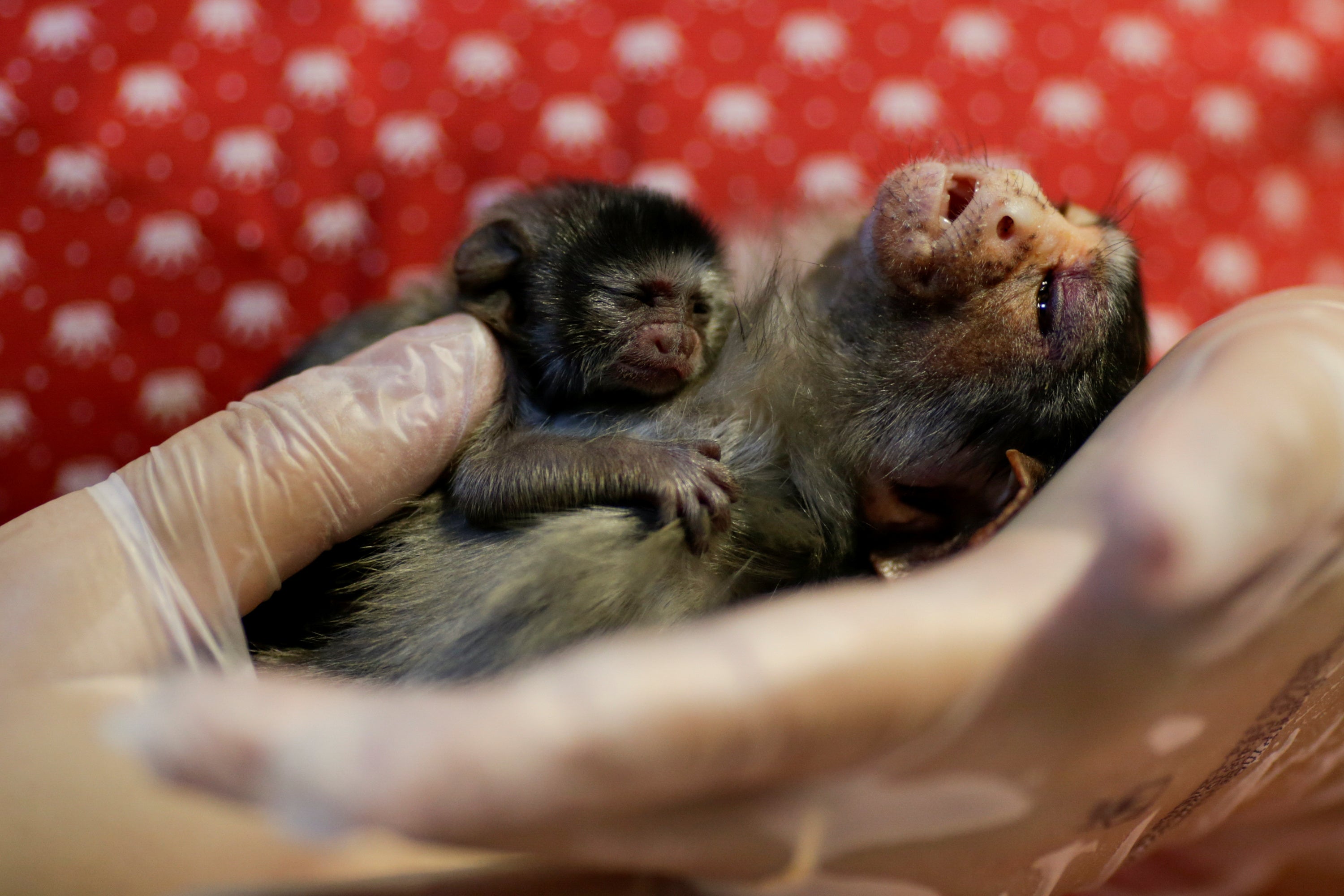The mission to save the Amazon’s animals
As fires rage in the rainforest, vets offer much-needed care

Your support helps us to tell the story
From reproductive rights to climate change to Big Tech, The Independent is on the ground when the story is developing. Whether it's investigating the financials of Elon Musk's pro-Trump PAC or producing our latest documentary, 'The A Word', which shines a light on the American women fighting for reproductive rights, we know how important it is to parse out the facts from the messaging.
At such a critical moment in US history, we need reporters on the ground. Your donation allows us to keep sending journalists to speak to both sides of the story.
The Independent is trusted by Americans across the entire political spectrum. And unlike many other quality news outlets, we choose not to lock Americans out of our reporting and analysis with paywalls. We believe quality journalism should be available to everyone, paid for by those who can afford it.
Your support makes all the difference.Xita, a tiny monkey with sad brown eyes, clutches her newborn tight. Both are fighting for their lives.
Vets working at the Clinidog clinic in the Amazon city of Porto Velho believe the mother and baby were run over by a car as they fled fires raging across the world’s largest rainforest.
“She arrived stressed, screaming and smeared with blood,” says Carlos Henrique Tiburcio, the owner of the clinic, as he wraps the pair in a small, white cloth.
Creatures of the Amazon, one of the earth's most biodiverse habitats, face an ever-growing threat as loggers and farms advance further and further into the rainforest.
In the dry season ranchers and land speculators set fires to clear deforested woodland for pasture. Blazes can rage out of control, fueled by the swirling wind and dry foliage. Wildlife flee from the smoke and flames.
Weak and dying animals arrive at Tiburcio’s clinic where four volunteers work tirelessly to save them.
“This time of year, when fires are constant due to the absence of rain, the animals seek shelter in desperation to escape death and end up in the city, putting themselves at risk of being run over or captured,” says Marcelo Andreani, whose job is to rescue injured animals and bring them to the clinic.
“Human respect for nature is ending,” laments Andreani, who works for the state environmental police.
The team diagnoses Xita, a Rondon's marmoset, with a traumatic brain injury. She is wrapped and fed, and her condition slowly improves. Sadly, her baby doesn’t make it.
An anteater arrived with a broken left paw after a clash with a fierce porcupine. The patient had been found hiding in a garage and, again, the vets think it might have been fleeing fires as anteaters rarely turn up in the city.
The fracture required surgery. Under anaesthetic, a giant tongue rolled out of the anteater’s mouth, earning it the affectionate nickname Linguaruda, or Long-tongue.
After surgery, one of the vets took Linguaruda home to keep a closer eye on her recovery. At one point, she climbed into the bathroom sink to rest.
In five days, Linguaruda was strong enough to return to the wild - the best outcome her rescuers could wish for.
Linguaruda was freed near a forest trail, where it eagerly clambered among the trees once more.
Reuters
Join our commenting forum
Join thought-provoking conversations, follow other Independent readers and see their replies
Comments